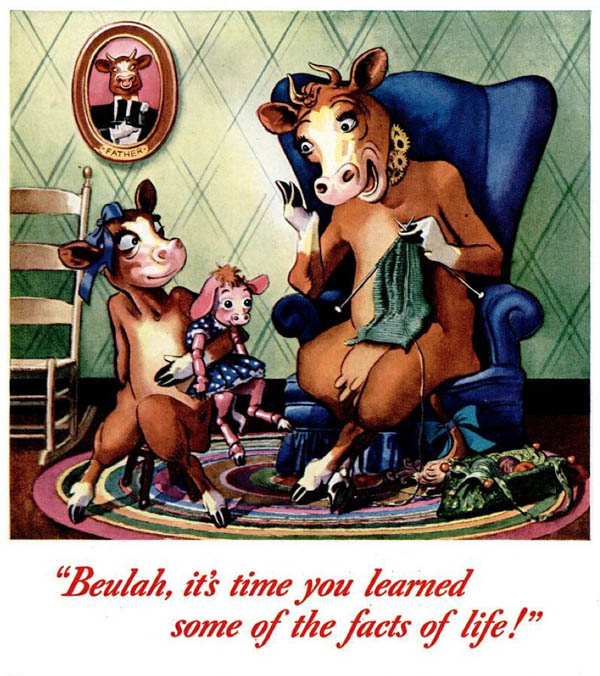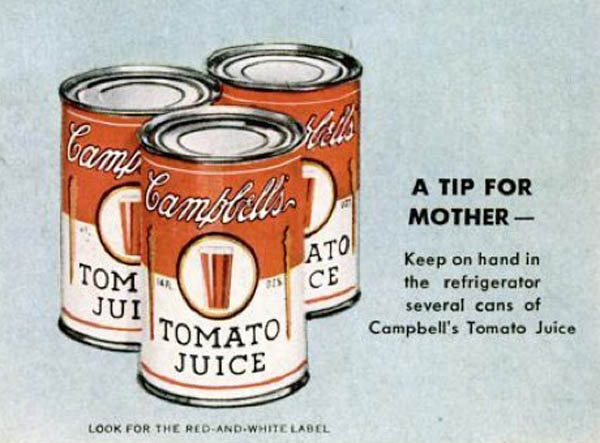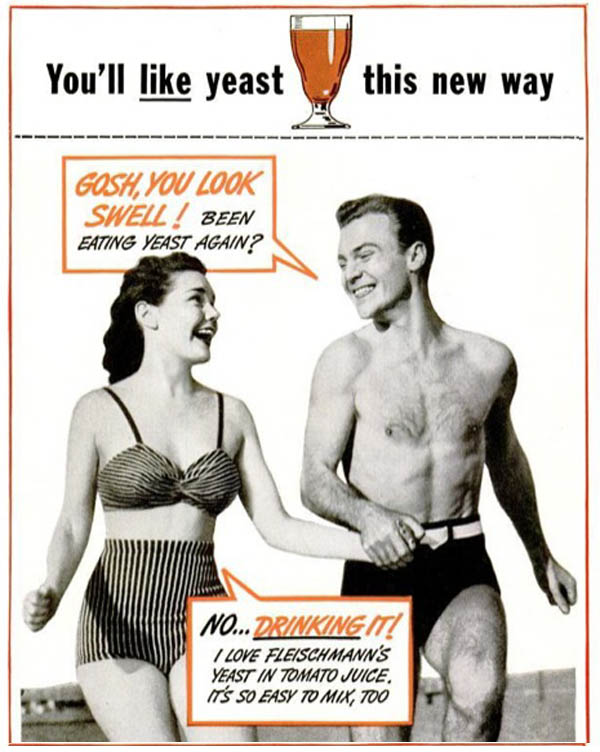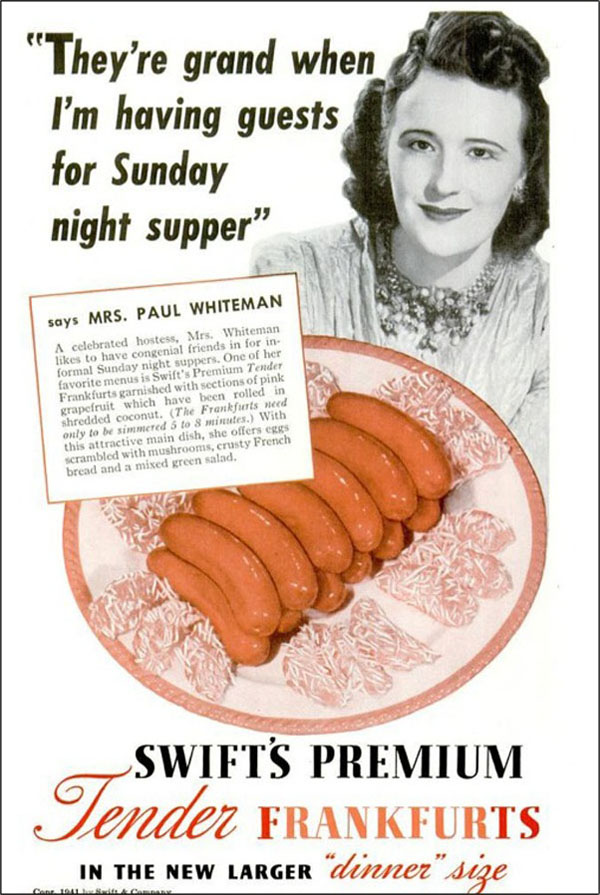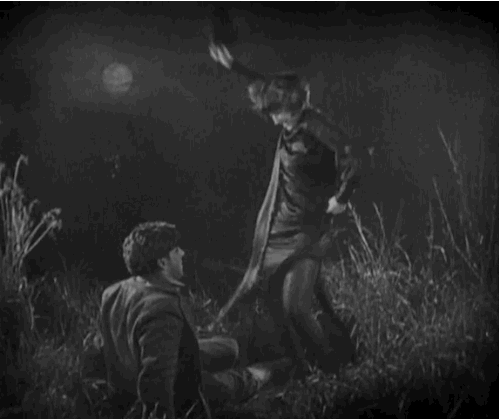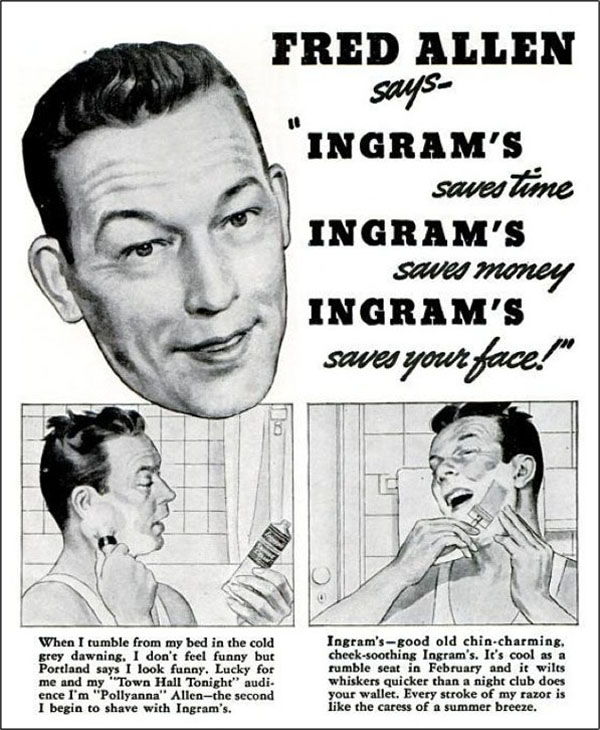

Just unwrapped some “Country Sausage!” my wife brought home from some event. I was going to have some slices with some Gran Padano cheese. Well. Er. It looks like a moldy bowel-log with a fuse. No.
You know, the internet is a handy self-identifying fool location system. Here's a video about a young lass who turned a fella's head in the early 50s, thanks to electricity. Standard industrial hooey, fun to watch. The description:
The alternative is to discourage increased consumption of electricity by rationing and decreasing the number of household appliances. Pertinent comment:
Here are some of the things in the video that Edison Electric and the 1950s culture used hidden persuasive techniques and propaganda to tell people they wanted: Radios Remarkable how people fell for those things, isn’t it? That's why "must-have" is in quotes. I suppose it gives someone satisfaction to write this - SHEEPLE! - but it also suggests a certain type of Modern Eeyore I find unbearable: the sneerers. Not at the educational film; those things are hilariously earnest and conceptually inert, this one livened only by the Sassy Modern Teen Girl who’s disappointed because it sounds like the fella her brother’s bringing home for a weekend is a drip, and she wanted someone who sends her. That sort of thing. It’s interesting inasmuch as it shows what the archetypes are, and you can reconstruct the era’s ideas backwards from that. No, I mean the people who watch a documentary about the boons of juice and say ahh, how they bamboozled everyone and made them unable to cope with the collapse I know is coming. I just know it. Because I hate everything. Hurry sundown. Honestly: would you rather they hadn’t invented clothes-washing machines? Radio? Would you rather that one member of a household spend their entire day over a washtub with nothing but the sound from the street through the screen window for company? It’s comforting for some, apparently, to think that people in the past just stared slack-jawed at flickering images and rose like zombies when the Consumption Instructions were finished, and spent their life in agitated dissatisfaction until the useless, needless object was acquired and installed. I’d like to know if these people have microwave ovens. Here’s another thing people didn’t need: phones on the farm. This video - A Voice for the Farm - discusses a new AT&T product that made life better on the farm: instead of missing calls because you were out in the fields, or having your freshly-cleaned floors ruined when clodhopper hubby walks in from the fecal swamp of the barn to answer the phone, you could subscribe to this new system that put phones in the barn and a loudspeaker on a pole. They asked farmers what they thought about this idea, and this rumination I have played a couple dozen times. I can see where that would work in farrowing season when the mother pigs crush the newborns against the wall. Yes, I can. I can.
It's the way he looks off into the distance, contemplating a future without mashed pigs.
THE WEEKLY BORDEN Back when they looked more like cows:
I think this is '39 or so; that's the style of Elsie's first few years. A little crazy in the eyes. No apron. And now we know why she wore the apron; it's a bit disconcerting to see her sitting there with the teats hanging out for all the world to see.
BUSTER AND DICKIE The latter being Dickie Beals, the voice of Speedy and many other things. Ads like these are usually shown to indicate how far Keaton had fallen from his great silent days.
But you know, that wasn't the case. While it's sad to see him in Frankie / Annette beach movies, at least he was getting work. In fact he seemed to have worked as much as he wanted to, and reinventing himself as a TV spokesman in commercials was a canny way of keeping his name in the public eye. This is from the second spot:
Dick Beals was born about the year Keaton started filming Steamboat Bill Jr, and died in 2012.
CAMPBELL SOUP FOR THE SOUL And you will hand over your soul now please
That's the old style can, still looking like is 20s version. Soup, says this article, is facing hard times: people don't want the canned stuff anymore, and by "people" they mean a certain upper-slice of the shopping demographic that prefers fresher variety served in boxes, I guess, and with more exotic flavors. These people look at the canned stuff and think: salt. Mushy noodles. "Chicken & Stars" fed by Mom on a winter day. It says:
I was perplexed by that figure of speech; it's management-jargon for the thing no one wants to address, even though it's obvious to all. I wonder if people who ignore the moose on the table are nevertheless confortable discussing the elephant in the room.
YEASTY GOODNESS You will! We hope
Not a lot of call for Yeast Smoothies these days. Not often one sees someone in the pink bloom of health and thinks "yeast, that has to be it." The Fleischmann in question was Charles Louis, who - along with his commandingly named brother Maximillian Fleischmann - "revolutionized baking" and made "mass production and consumption of bread possible." (source.) They did okay; Max in particular commuted from the New York home office to his California mansion in a private rail car, the era's version of the Gulfstream.
MRS KING OF JAZZ An old favorite subject here at the Bleat is Paul Whiteman, tubby bandleader who got himself called "the King of Jazz," introduced a major Gershwin piece, had his own logo, and so on. His wife had a brief foray in the world of wiener endorsement:
Her name was Margaret Livingston, and she was a silent actress whomade quite a few movies. Her most famous role, perhaps, was "The Woman from the City" in "Sunrise," a wonderful silent. She's crazy. She's bad. She's jazz-age all the way.
In real life, she was one of the passengers on board the infamous Hearst Death Yacht, or whatever the right tabloid term might be. Story goes: Hearst was about to shoot Charlie Chaplin, and hit director Thomas Ince in a struggle. More here. Anyway, it was an interesting career, and I doubt she thought she'd end up hawking hot dogs when she did the Evil Temptress Shimmy. But who does. WHO? In my tumblr feed the other day there was a plea to retweet a picture of Julie Andrews, because the person's friend had said "no one knows who Julie Andrews is." I don't find that surprising. And I really doubt anyone who knows who this guy was.
The perils of fame in an extinguished medium.
Yes indeed. Most of the shows I've heard are dated in a way the Benny shows aren't, Jack got the better deal from posterity. But the other day I heard them doing a routine on Allen's show with a rather corny script, and Allen started ripping it up with asides, and you could hear the appeal.
Updates on the right - More Richie Rich comic book. Work Blog between noon and one (I hope; blog software was hosed yesterday) and Tumblr now and then! See you around.
|
|
|
|||||||||||||||
|
|||||||||||||||||
| blog comments powered by Disqus |



